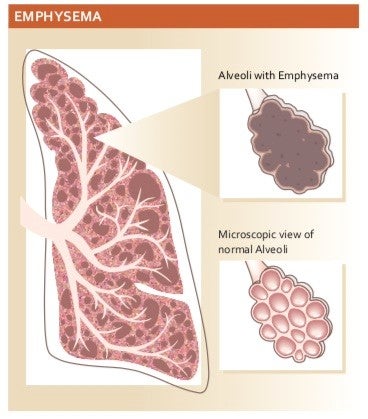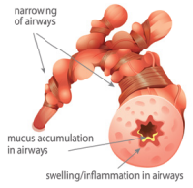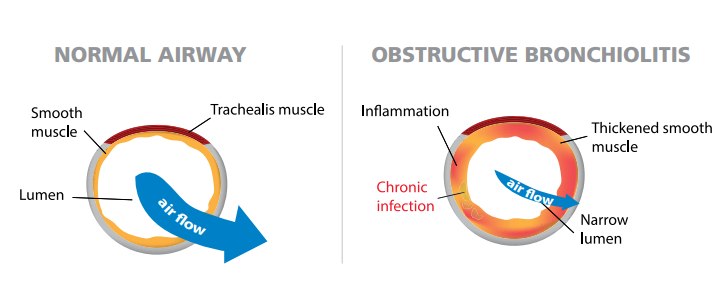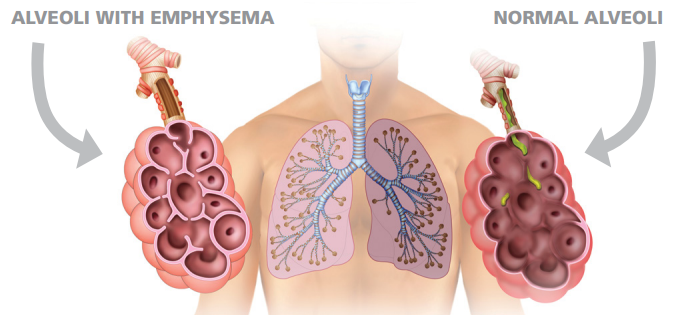COPD

COPD
COPD stands for chronic obstructive pulmonary disease. It means the airways in your lungs are blocked. Because of this, it can be hard to breathe. You may have trouble with daily tasks because of shortness of breath. Over time the shortness of breath gets worse, making it harder to take care of yourself and take part in daily tasks.
COPD
Chronic Obstructive Pulmonary Disease (COPD)
What is COPD?
As the name implies, it is a pulmonary obstruction — the airways in your lungs become blocked, making it hard to breathe. Over time, lack of oxygen and shortness of breath can make daily tasks more difficult and cause wheezing, coughing, fatigue, and persistent mucus in the throat and airways. Your lungs may also become enlarged over time.

With effective treatment, you can breathe better and live a more active, enjoyable life, despite COPD.
What are the symptoms of COPD?
Most patients with COPD have some combination of:
- Shortness of breath
- Cough
- Wheezing
- Fatigue
- Mucus that does not go away
If you notice these symptoms, you should talk to your healthcare provider. They can perform a breathing test to determine whether you have COPD.
How do you get COPD?
The primary cause is exposure to airborne irritants — including smoke. In fact, most people who get COPD get it from smoking. There are two chronic lung conditions that are part of COPD, and though most patients have both, the severity of one versus the other can vary.
Chronic bronchitis
Damage to the airway tubes due to swelling and irritation. It causes coughing with mucus, which makes it harder to breathe.

Emphysema
The lungs’ small airways become damaged, causing them to lose elasticity and become rigid. Instead of stretching, they collapse when you exhale, trapping air in the air sacs. As with bronchitis, breathing becomes harder.

How is COPD treated?
There’s no cure, but several types of medications are available to help improve your quality of life with COPD, including:
- Steroids
- Aminophylline
- Theophylline
- Roflumilast
- Mucolytics
- Bronchodilators
For severe cases, we may also recommend a minimally invasive valve procedure.
Download this booklet to learn everything you need to know about COPD, including symptoms, prevention, diagnosis, treatment, lifestyle action items and how to create an action plan tailored to your specific needs.
Find more about AtlantiCare’s minimally invasive treatment for COPD.
Schedule an appointment to talk about your COPD.
Call us at 609-404-7345 or 888-569-1000. You can also email us at [email protected].